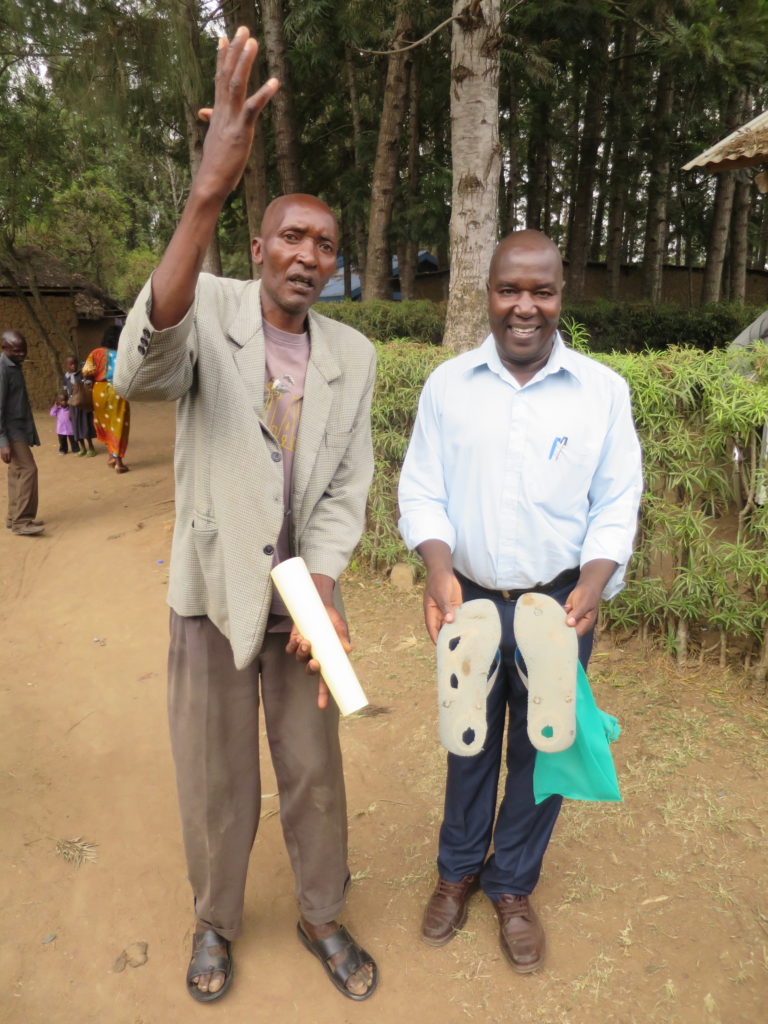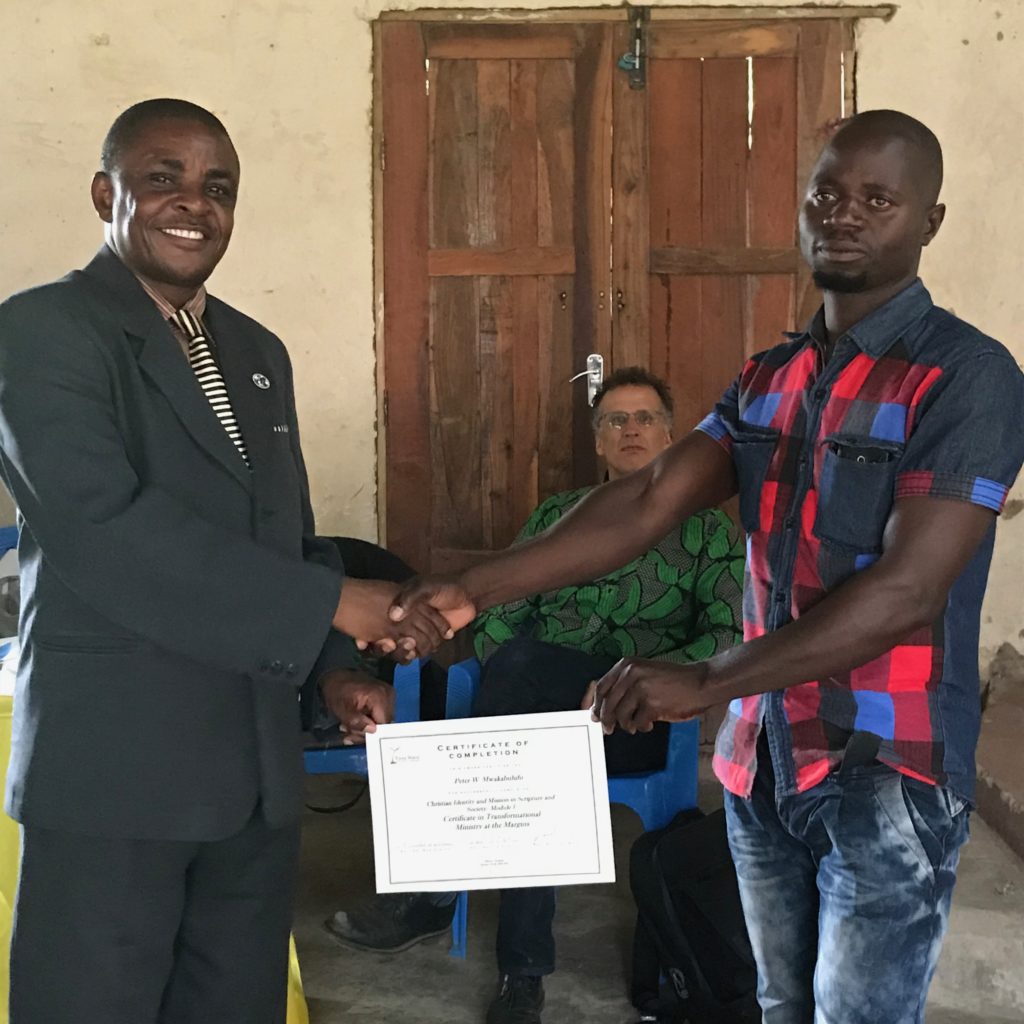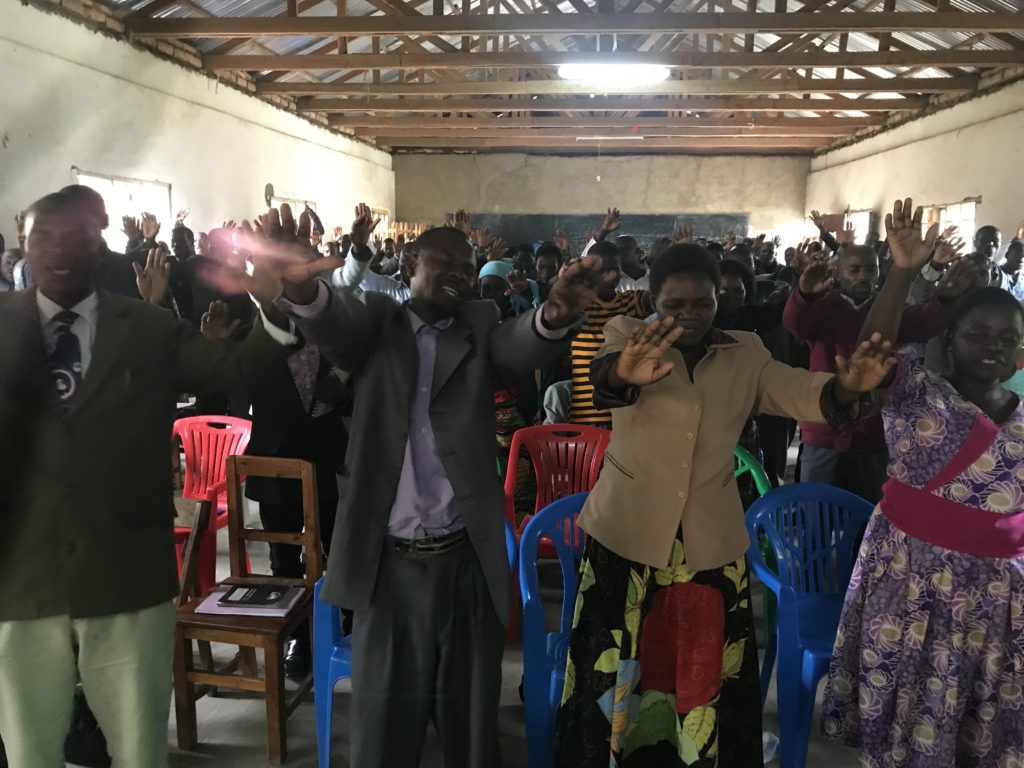For the past two weeks Gracie and I have ministered alongside our African partners to run four-day trainings for pastors and leaders in Kenya, Tanzania and Zimbabwe. We have been delighted to see widespread negative images of God dramatically give way to our teachings and group Bible studies on God’s love and grace, exciting us to further equip people to proclaim good news.
Negative images of God are common in places of poverty and hardship. Christians, Muslims and adherents of traditional African religions are all inclined towards legalism and performance. Known “sinners” usually do not feel welcomed in church services, until they first make required changes. Once inside the church they will often hear messages of condemnation, and promises that a life of purity and sacrifice will lead to financial and personal success.
Christians who are not experiencing prosperity and “success” are often tempted to engage in traditional African religious practices. In this way people come under the law of ancestral traditions and even witchcraft practices in addition to Christian legalism. These practices, which are usually kept secret, involve costly sacrifices and elaborate rites that must be followed exactly.
In our teaching we directly challenge this tendency to focus on sacrifice, purity and laborious observance of laws as prerequisites. In Bible study after Bible study we help people see how God loves us in our brokenness and sin, with no pre-conditions. People are shocked and delighted to see that God pursues Adam, Eve, Cain, Israel, David and countless others when they’re in the midst of their sin. They become won over to the good news that sin doesn’t separate God from us when they see Jesus pursuing tax-collectors, sinners, and Scribes and Pharisees in the midst of their activities– calling them to follow him.
A big shift takes place as people see repentance, hunger and thirst for righteousness and other changes flowing naturally out of an experience of God’s unconditional kindness and embrace. People need repeated doses of good news in order to let go of fear of condemnation underlying a life of striving.
Our first training took place in a humble sheet-metal church in Kimwanga, an impoverished village of the city of Bungoma in Western Kenya. There we offered the third and final course of our Certificate in Transformational Ministry at the Margins (CTMM). At the end of our second day a drunken woman on her way back from a nearby bootleg distillery stumbled into the church at the end of one of our session—something locals told us never happens.
The woman came up to the front confessing her sins aloud, repenting of her alcoholism. She dropped to her knees at the front of the church before Gracie, me and our Kenyan colleagues, James and Helen. The pastors all rose and began to sing a worship song, and we prayed for her. Over the course of the remaining two days this woman returned two more times to request more prayer. Two other drunken and heavily demonized men also joined the group—one of whom surrendered his life to Jesus and even completed the training. He was thrilled when James bought him a new pair of sandals to replace his hole-filled flip-flops (see photo below).
Last week in Mbeya, Tanzania we offered the first module of our CTMM to over 150 pastors and leaders. On the third day a man came forward confessing that his uncle had recruited him to take over his vocation as witchdoctor before he died. In front of a roomful of pastors and leaders he renounced practicing witchcraft and dedicated his life fully to Jesus. We prayed for his full deliverance and he graduated the Course with joy (photo below).
These public confessions and conversions served as visible signs confirming the teaching and the very good news announced by the Apostle Paul that the God’s kindness, tolerance and patience leads to repentance (Romans 2:4). The people blessed us as we left for Zimbabwe (final photo), where we start our final course tomorrow. Here’s a link if you’re interested in collaborating.


